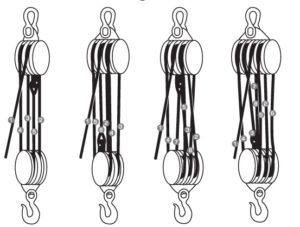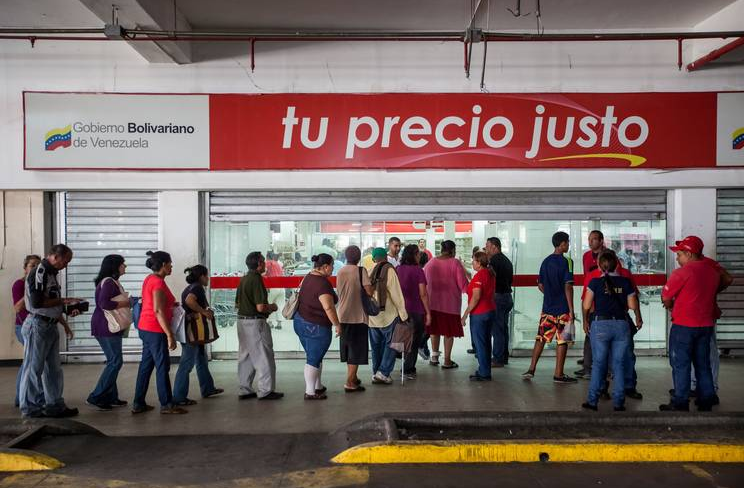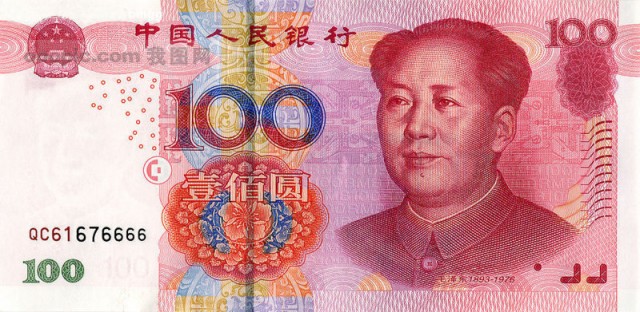Very often, I work with people who have accumulated large points balances. However, when the opportunity arises to spend their points on a very good redemption, they often balk and start looking at paid flights or other options to save points and spend cash instead.
Whenever this happens, it drives me a little bit insane. I don’t think most people think this through and since I’ve had the same conversation multiple times this week, I think it’s probably worth pulling this together into a post.
Understanding Factors Influencing Points Valuations
There are ways that points can become more valuable, and there are ways that points can become less valuable. Over the past few years we have seen both of these, but the overall trend is devaluation and I don’t think there are many opportunities left for points to increase in value.
Airlines can increase or decrease the value of points in the following ways:
- Changing the price of awards.
- Increasing or decreasing flexibility, based on the rules involved.
- Adding or removing booking fees, such as telephone booking fees or close-in booking fees.
- Imposing or removing co-payments (often called fuel surcharges) for awards.
- Making more or fewer flights available on which you can redeem your points.
- Making it easier or harder to earn points through flights or with partners.
- Causing your points to expire sooner.
- Adding partners with whom you can redeem awards, giving more options to redeem.
As you can see airlines have a lot of levers to pull in their programs, which can move in either direction, and they pull them frequently. You need to keep these in mind when you consider saving your points. What follows are some of the reasons people most often decide to save, rather than spend their points:
Pursuing Value
It is rational to keep an asset when you believe that it will grow in value. Conversely, it’s rational to liquidate an asset when you believe it will fall in value, or will grow in value at a rate that is slower than inflation.
This gets tricky with miles and points because there is a very lopsided value distribution. For most people, the greatest value for miles comes at the top end of the award chart, for international business and first class award tickets. However, these are also the hardest to book (so difficult, in fact, that people pay points consultants like AwardCat) and the most subject to airline award chart devaluations.
If you save your points vs. spending them immediately, you’re making a bet. I think there is only one good reason to do it:
- You plan to redeem your points for a top-tier award, and you have a strategy to earn the points in order to do it.
- You feel confident that you’ll be able to redeem the award you’re pursuing before the goal posts move.
Preserving Optionality
A lot of people try to preserve optionality. “I might take a trip in the future that is more valuable or expensive,” they think, so they pay cash now and save their points. There can be some logic to this, but you need to be strategic about it and consider what your needs really are.
I don’t think it makes any sense to speculate on the potential cost of a trip you’re planning on taking later, and whether there will even be availability on points then. In 3 years, we have gone from seeing Iceland be one of the most expensive places in the world to visit down to one of the cheapest places to reach (although the prices when you get there are another story!). We have also gone from American Airlines having extremely generous award availability to almost no award availability. The only thing you can be certain about in the miles and points sphere is that your points will generally lose value at a rate far higher than inflation.
I do think there is some value in having enough points to deal with a last-minute emergency without paying an arm and a leg. This is one of the most valuable ways to use points–flights to small airports on short notice; the kind of stuff that looks to the airline like business travel for which they charge a premium. However, this requires being strategic about the points programs you are using and this will generally involve transferable points such as Chase Ultimate Rewards, Citi ThankYou Points, and American Express points.
Remember #3 above, booking fees? American and United both charge a close-in booking fee. Delta and Alaska charge more points for last-minute bookings (although Alaska does so within a fixed range; Delta has no upper limit). This leaves foreign programs such as Aeroplan, LifeMiles, Korean Air, Flying Blue, and Avios with fixed redemption values and no close-in booking fees. However, you’re really not going to know which airline has availability at the last minute, so it’s unwise to put all of your eggs in one basket.
History Of Devaluations
Airlines have frequently devalued their award charts. At the same time that this has been done, they have sometimes (though not always) added “sweeteners” to make the devaluation seem less bad. For example, the first broad industry round of chart devaluations was accompanied by an improvement in flexibility. Although the number of miles required for a round-trip flight went up, it became possible to book one way tickets. Most airlines now publish charts on a one way basis.
Delta has devalued more frequently than any other award program. However, one Delta award chart devaluation came with a promise that SkyMiles would never expire. Another Delta devaluation was spun as an increase in availability, because any Delta flight can now be booked with no blackout dates (popular dates just now require a ridiculous number of miles to book). The Delta devaluation after that dropped the price of some short-haul flights when booked in advance.
So, it’s sort of like Venezuela handing out vouchers for staples while devaluing the Bolivar. Yeah, your savings just evaporated, and you can’t afford to buy anything nice anymore, but here, have a few rolls of toilet paper. Subject to availability, of course.
Points You Should Always Spend
It almost never makes sense to save Southwest Airlines or jetBlue points if you plan to book a flight on either airline. This is because these points can be redeemed at a fixed value toward the cost of a ticket. There is no history of the fixed value increasing; it has only decreased. Accordingly, if you have enough points for the flight, you should spend these points instead of cash.
Wrap-Up
Given the lack of credibility airline award programs have, the frequent history of devaluation, and the fact that miles and points sometimes devalue without prior notice, it continues to astonish me that people want to hold onto their points rather than spending them. If you think their value will go up, can I also interest you in some Venezuelan Bolivars?
I do think it can make sense to hold a small balance of transferable points for emergencies. And it can also make sense to save up over a short period for a specific premium cabin redemption. However, it generally doesn’t make any financial sense to save your points. They are a depreciating asset.
What’s the biggest reason I think people have trouble spending their points? 100,000 points just sounds like an awful lot. It isn’t, though. In reality, it’s just enough points to fly a family of four to Disney World in economy class. But given how much Disney tickets cost these days, wouldn’t you rather save the money for the park instead of spending it on the flights? Spend your points. You can earn more!




